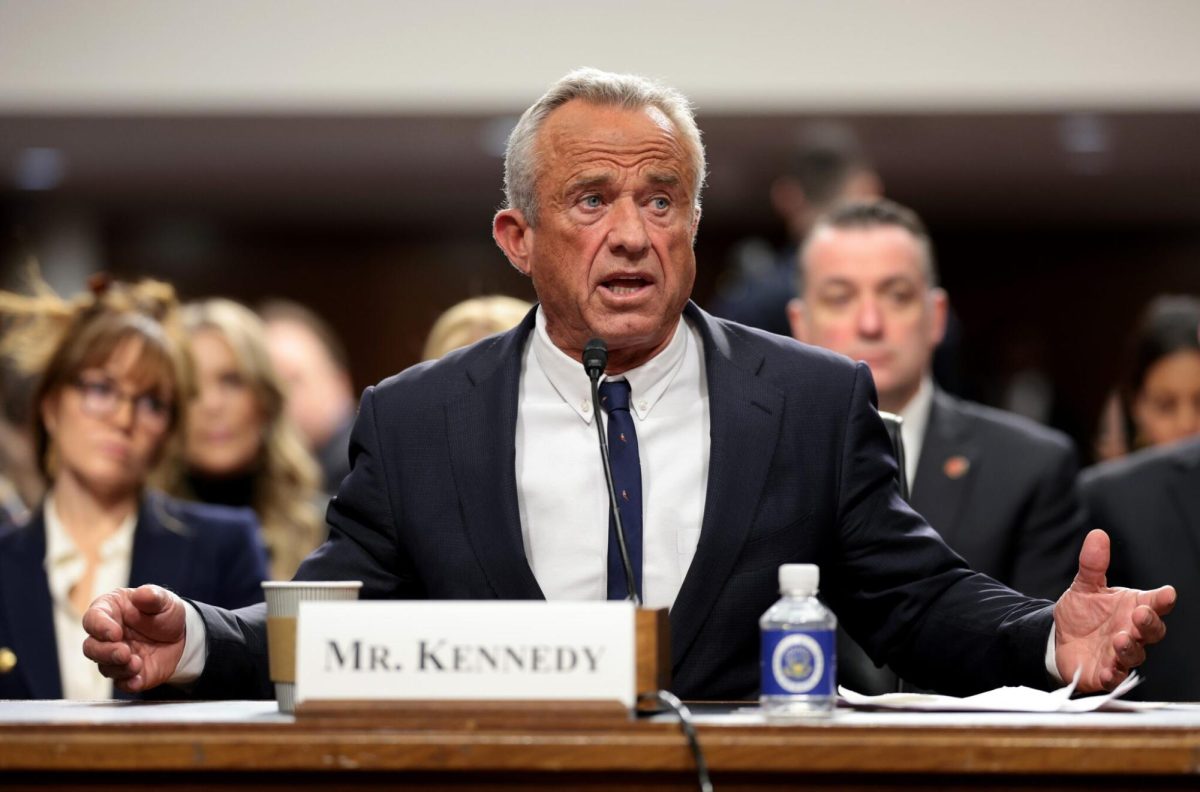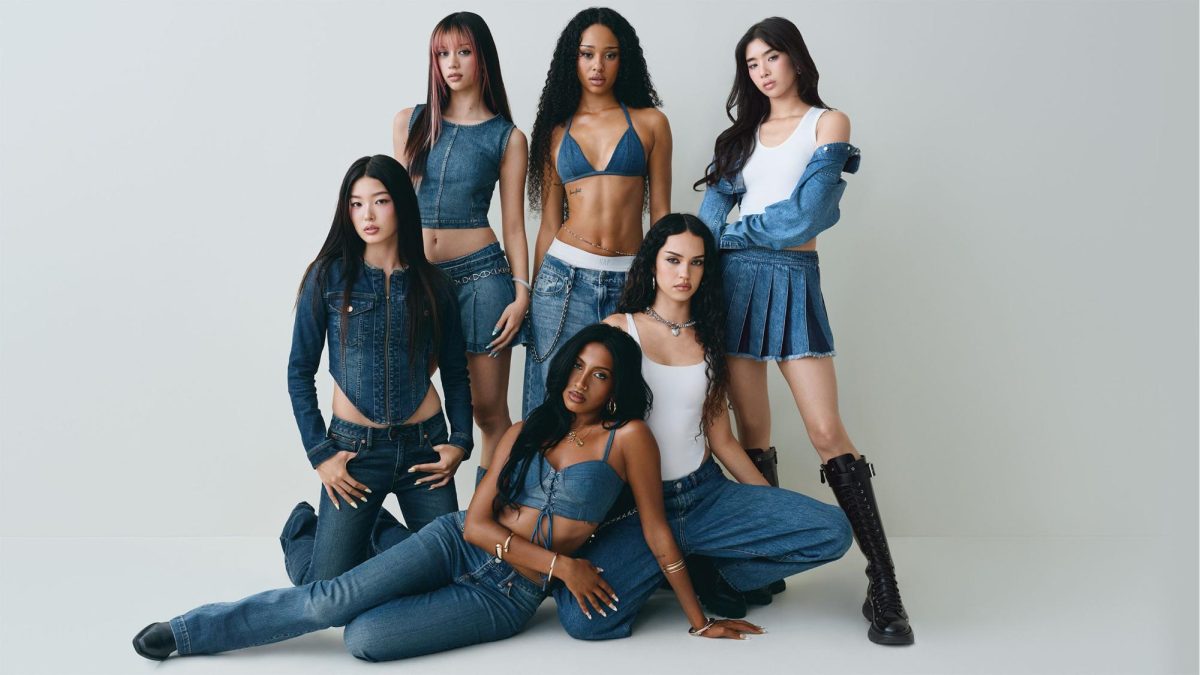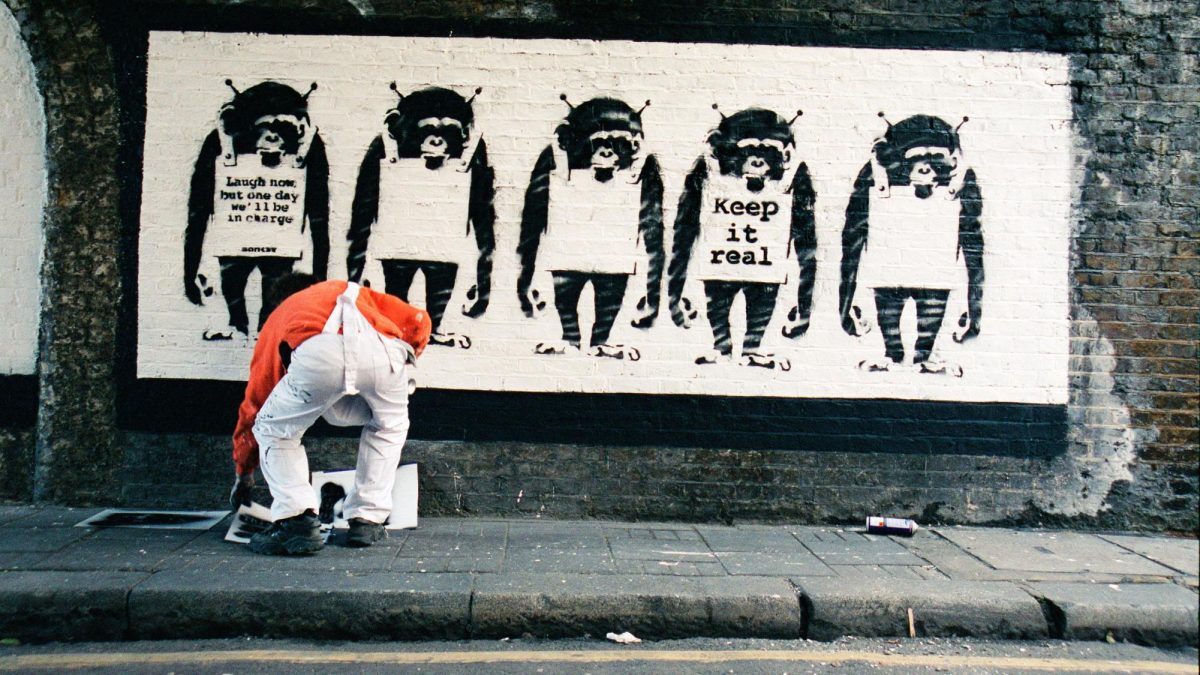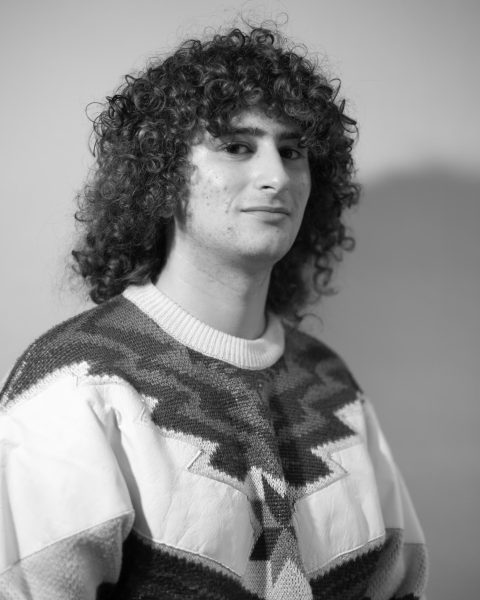Donald Trump, the 47th president of the United States, is a Republican—a fact so basic it’s almost silly to state. However, given the differing scrutiny of his cabinet nominations, it seems that this fact has long been forgotten. Logically, Trump will nominate Republicans, those aligned with his conservative beliefs, to fill his cabinet, so while RFK Jr. initially ran as an independent in the 2024 election, his endorsement of Trump suggests he leans more conservatively. So, why is RFK Jr. subject to such intense public scrutiny by Democrats, especially compared to more extremist nominees like Tulsi Gabbard or Kash Patel?
During a 2015 visit to the Syria-Turkey border, Gabbard, speaking to three orphaned drone survivors, asked, “How do you know it was Bashar al-Assad or Russia that bombed you, and not ISIS?” (The Independent, 2025). Baffled by Gabbard’s wildly inappropriate question, Mouaz Moustafa, her translator, refused to relay it. How this didn’t shut her out of politics forever is baffling. Similarly, Kash Patel has a history of shocking statements, vowing to shut down the FBI on day one, and promoting conspiracy theories about the ‘deep state,’—the belief that a clandestine network of officials secretly manipulates US policy. How do these two individuals face LESS resistance from the Senate than Kennedy? Let’s examine two of his proposed actions as head of Health & Human Services.
While running for president, Kennedy promised to ban pharmaceutical commercials from television, pointing out that only two countries (including the US) allow direct-to-consumer drug advertisements. The FDA’s 1997 regulatory relaxation led to today’s ad-saturated landscape. For Gen Z, growing up with endless pharmaceutical commercials promoting everything from Skyrizi and Ozempic to Cialis has been the norm, but this wasn’t the case 30 years ago. Name-brand medications are, on average, 80% more expensive than their generic counterparts, despite having identical active ingredients. Direct advertisement hurts consumers financially and can lead to overprescription or an overemphasis on drug benefits. It seems Kennedy has the average American in mind when advocating for policies like this, so Democratic senators need to weigh his positive policies against his controversial ones. At the start of Kennedy’s confirmation hearing, he walked back on earlier vaccine claims, stating he was not “anti-vaccine” but rather supported further research and safety studies.
Another promise from Kennedy was to change the nation’s food policy to fight chronic disease. He pledged to remove ultra-processed food from school cafeterias and implement a broad ban on food dyes to combat food-related chronic illnesses. Studies have linked food dyes to hyperactivity in children, influencing California’s 2024 ban on certain dyes. If I were a Democratic senator, I’d accept RFK Jr. rather than risk someone like Dr. Oz or Dr. Phil, or another conspiracy theorist Trump’s team might dig up. RFK Jr. isn’t perfect. He has flaws, but other potential nominees from Trump’s team will have all those flaws and then some. Plus, Trump’s team is seeking to dilute Kennedy’s control in HHS by packing the department with Trump loyalists. If Trump sees RFK Jr. as a source of friction within the bureaucracy, shouldn’t that be a good sign? Shouldn’t Democrats want Trump to face as much friction as possible? Regardless, we’ll see if RFK Jr. is nominated and what policies he enacts. It will be an interesting four years for health policy if he is.














